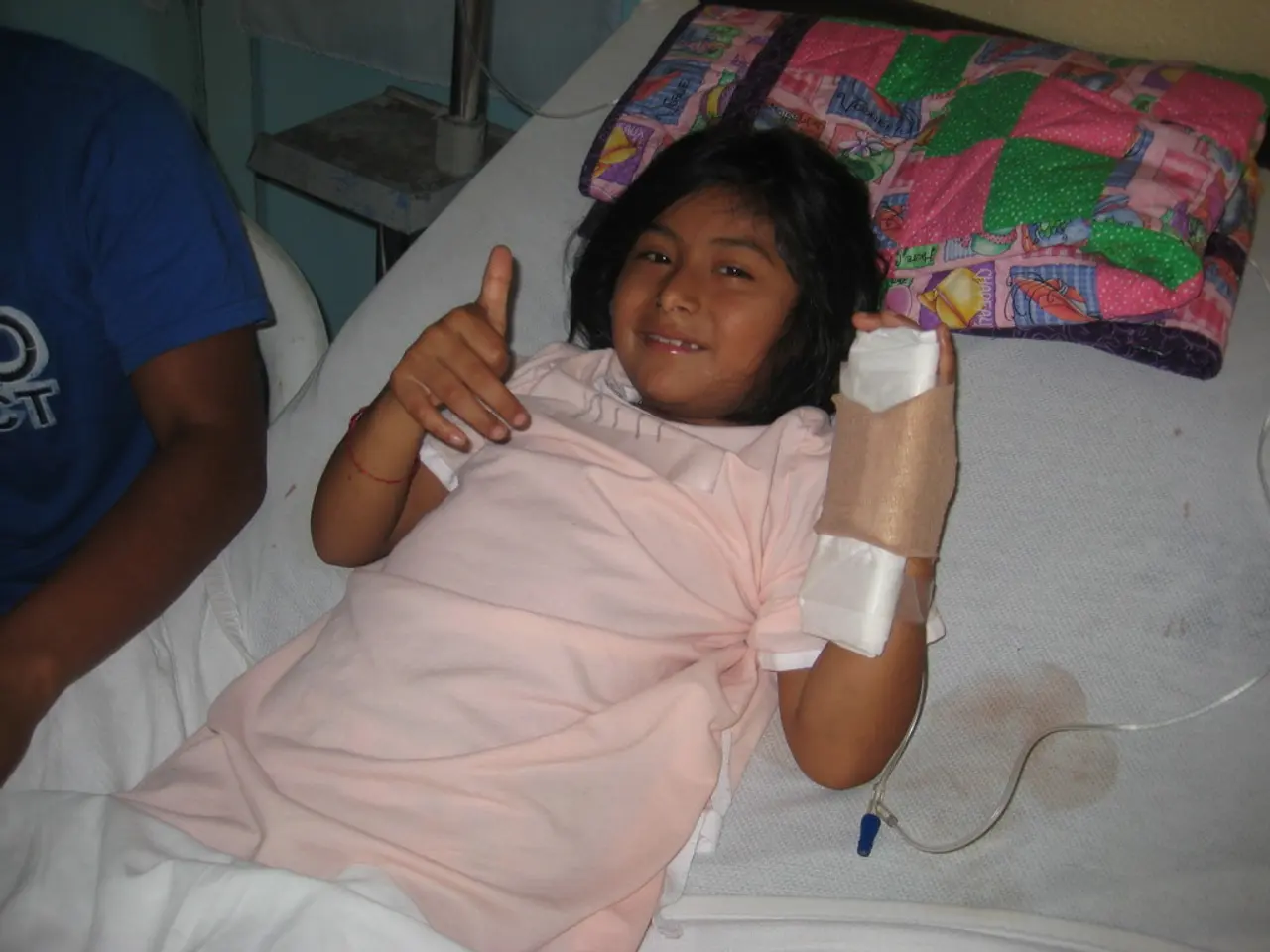Persistent Uncertainty depth-plunges as decisions remain unclear
On November 3rd, a telephone action will take place, providing answers to questions regarding sexual health and the ongoing COVID-19 pandemic. The action, running from 10 am to 4 pm, aims to address concerns about protecting oneself from Corona, preventing STIs, understanding symptoms of STIs, and preventing HIV infection.
The Corona virus has raised new questions about sex, including whether it can be caught through sexual contact, self-protection methods, and the potential for avoiding intimate contacts. However, it is not specified in the text whether or not the Corona virus can be transmitted through sexual contact, nor if people with HIV have a higher risk of severe Covid-19.
Despite these uncertainties, the current guidelines for safe sex during the COVID-19 pandemic emphasize continuing standard protections against sexually transmitted infections (STIs) and HIV while also considering the risk of COVID-19 transmission.
Key recommendations include:
- Use of condoms or dental dams consistently during sexual activity remains the most effective way to reduce the risk of STIs and HIV infection. These barrier methods should be used regardless of the pandemic.
- Regular STI testing and honest communication with sexual partners continue to be crucial components for sexual health and prevention of STI/HIV transmission.
For COVID-19 specifically, the most important precautions relate to avoiding close contact if symptomatic or after a positive test. However, people who are vulnerable to severe COVID-19 illness (e.g., older, immunocompromised) should still take extra precautions such as masking and limiting exposure.
Since COVID-19 spreads primarily through respiratory droplets and close contact, sexual activity with new or multiple partners carries a potential risk of viral transmission if either partner is infected, especially if no mask is worn and social distancing is not observed.
It is worth noting that only slightly more than half of people in Germany who suspect they have an STI seek medical attention, and the number of people contracting sexually transmitted infections (STIs) in Germany, such as syphilis or chlamydia, is increasing. Untreated STIs can have serious consequences.
The telephone action, designed to provide answers anonymously, will be led by advisors Dr. Dorothee Köpsell and Marie-Luise Theunissen-Spitzley. Safe sex is relevant even without the Corona virus, and it is important to maintain routine sexual and reproductive health services for ongoing prevention and care.
[1] Centers for Disease Control and Prevention (CDC). (August 2025). COVID-19 Isolation and Quarantine. https://www.cdc.gov/coronavirus/2019-ncov/if-you-are-sick/quarantine-isolation.html
[2] World Health Organization (WHO). (2020). Sexual and reproductive health and rights during the COVID-19 response. https://www.who.int/news-room/fact-sheets/detail/sexual-and-reproductive-health-and-rights-during-the-covid-19-response
[3] Deutsche AIDS-Hilfe e.V. (2020). Sexual and Reproductive Health Services during the COVID-19 Pandemic. https://www.aids-hilfe.de/fileadmin/user_upload/AIDS-Hilfe/Dokumente/Sexuelle_und_reproduktive_Gesundheit_im_Kontext_der_COVID-19-Pandemie.pdf
Read also:
- Exploring Botox as a Treatment for Interstitial Cystitis: Insights, Adverse Effects, and Further Details
- Linking brain weakness and cognitive decline: An examination of the potential relationship
- The Powerful Evidence behind the Enchantment of Kindness: 18 Insights Revealed
- Indications of Tinnitus Recession and Possible Causes





